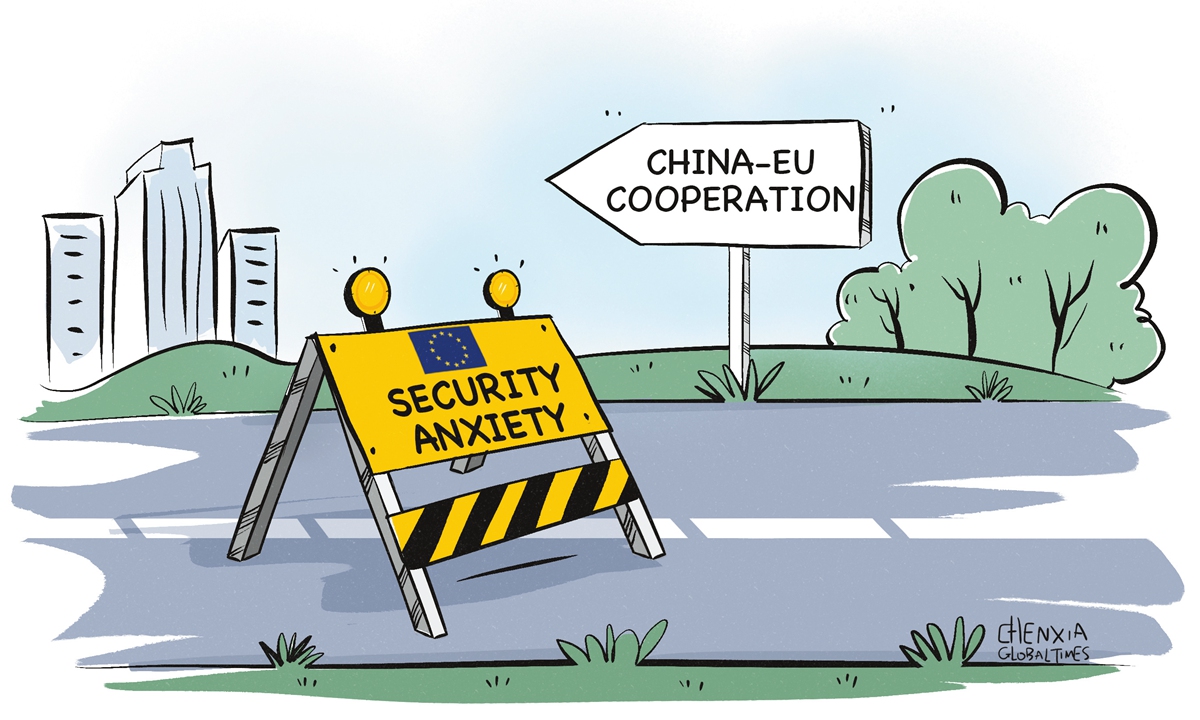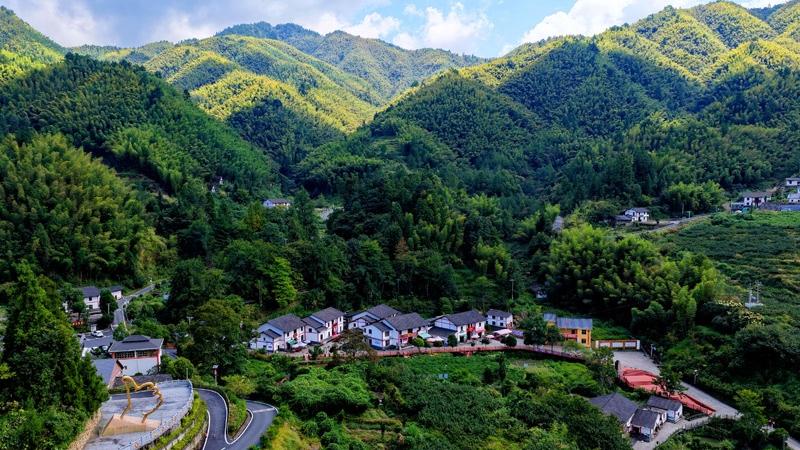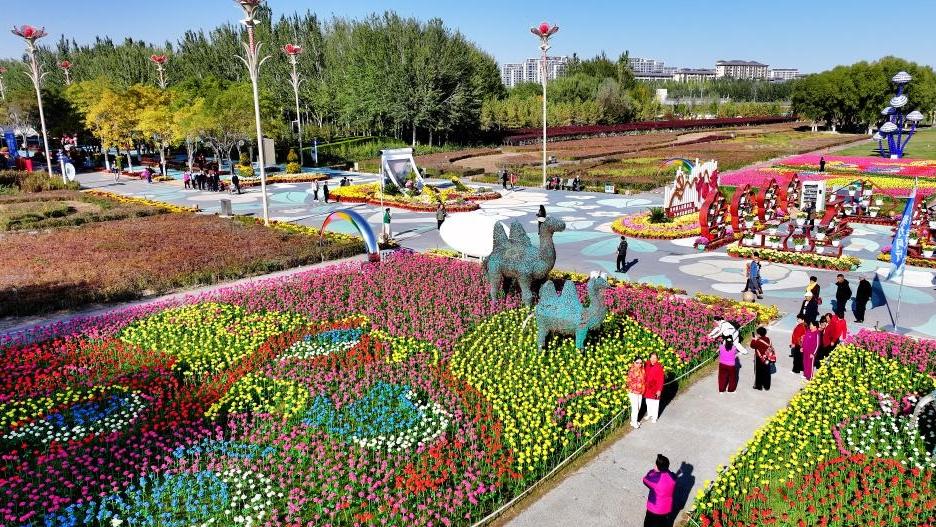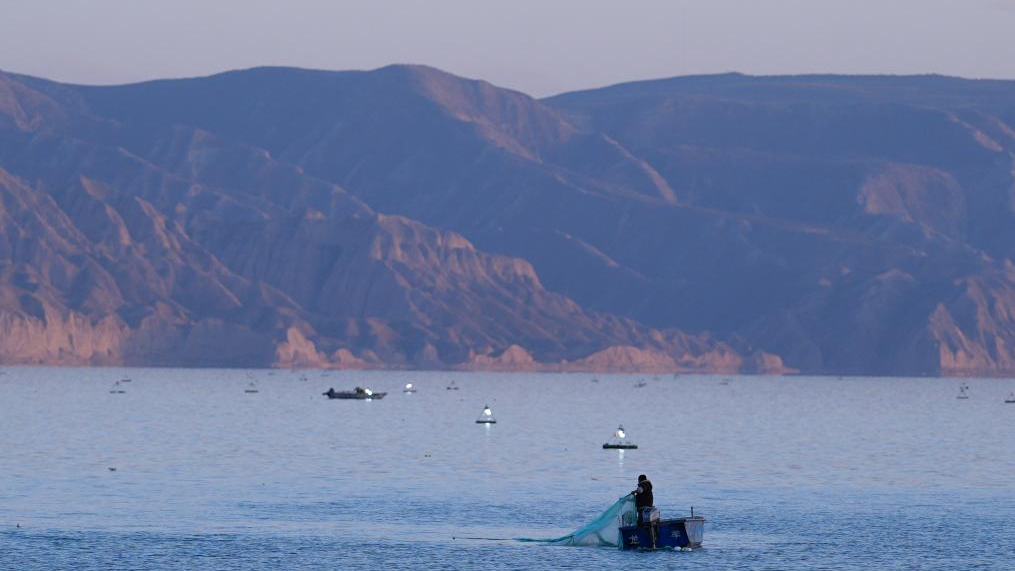Predictable, open, and rules-based industrial policy is Europe's best guarantee of security

Illustration: Chen Xia/GT
On Saturday at Berlin's Global Dialogue conference, talking about China's rare-earth export controls, European Commission President Ursula von der Leyen warned that the bloc was "ready to use all the instruments in our toolbox to respond if needed," the Deutsche Welle reported. This stance reveals a persistent blind spot - European leaders neither recognize their own role in creating today's supply chain tensions, nor understand the limits of leverage they actually possess.
More than 90 percent of the EU's rare-earth magnets are imported from China. This dependency profoundly affects sectors ranging from automotive and wind power to defense and data centers. Yet as German media outlets recently noted, it was not imposed on Europe, but resulted from deliberate decisions decades ago to offshore high-pollution, low-margin production and focus on higher-value activities.
What changed was China's trajectory. Rather than remaining a passive recipient of outsourced, polluted work, China invested relentlessly in innovation and moved methodically up the value chain. From rare-earth minerals to batteries, solar panels, robotics, 5G, and now 6G and electric vehicles, Chinese manufacturing has evolved from "assembler" to "engineer," from contractor to innovator and, increasingly, standard-setter. Both China and Europe have benefited immensely from this process of globalization. But this transformation, achieved through patience and industrial strategy, is what now unsettles European policymakers.
China applied export controls to dual-use rare earth materials under its Export Control Law and WTO-compliant security exceptions. As China's Ministry of Commerce has repeatedly emphasized, this move aims to "better defend world peace and regional stability, and to fulfill non-proliferation and other international obligations," given the important uses of medium and heavy rare earths and related items in the military field. However, the EU has overreacted, regarding China's reasonable controls as "weaponization."
Von der Leyen's threat to use "all the instruments" reflects Brussels' desire to preserve negotiating leverage. That is understandable realism. But tools are means, not ends. Overreliance on punitive instruments - such as extreme deployment of the Anti-Coercion Instrument, which could lead to severe trade disruptions and damage to diplomatic relations - would rapidly escalate transaction costs and uncertainty. Europe cannot quickly replace all its supply-chain vulnerabilities. Escalation would only deepen Europe's disadvantage, undermine competitiveness and delay the green transition that depends on stable access to critical materials.
If Europe accepts the legitimacy of its own controls, it should, in principle, acknowledge China's right to refine its export control system in accordance with laws and regulations. The focus should be on narrowing differences through negotiation and rule refinement, not widening them through confrontation.
From an industry perspective, what European firms actually need is predictable, cost-effective supplies and credible technological pathways. On this front, cooperation often outperforms substitution. Building transparent licensing frameworks with China, co-developing advanced recycling and processing standards, and establishing high-specification facilities in Europe can transform security anxiety into genuine resilience and turn competition into a driver of mutual upgrading.
China's industrial strengths and Europe's technological prowess are both vital for global innovation. Recognizing this mutual dependence, rather than pursuing decoupling, enables a sustainable partnership and averts a self-destructive security escalation.
Ultimately, predictable, open, and rules-based industrial policy is Europe's best guarantee of security and vitality in an uncertain world. Europe's security in a globalized economy depends on moving beyond threat-based reactions to embracing equitable, transparent, and mutually beneficial engagement, not isolation.
Photos
Related Stories
- Europe’s reliance on Asian APIs reflects complementarity, not risks
- Eurozone inflation holds steady at 2 pct in July, despite regional variations
- Heatwaves, drought grip Europe, fueling calls for global action
- Working with China "very important for Europe's future," says Danish entrepreneur
- Albania kicks off parliamentary elections
- Ceremony commemorating 80th anniversary of WWII victory in Europe held across Europe
Copyright © 2025 People's Daily Online. All Rights Reserved.









